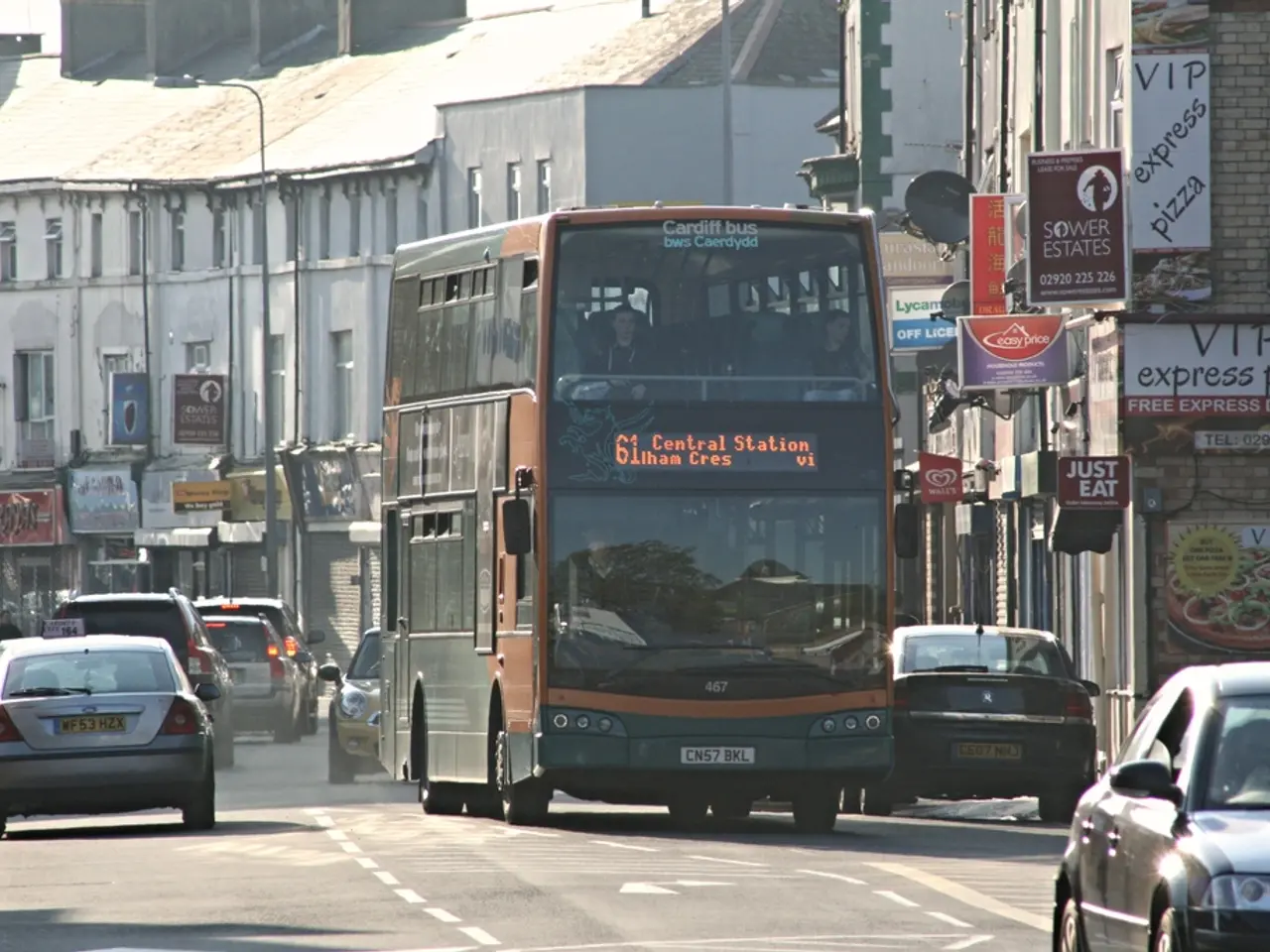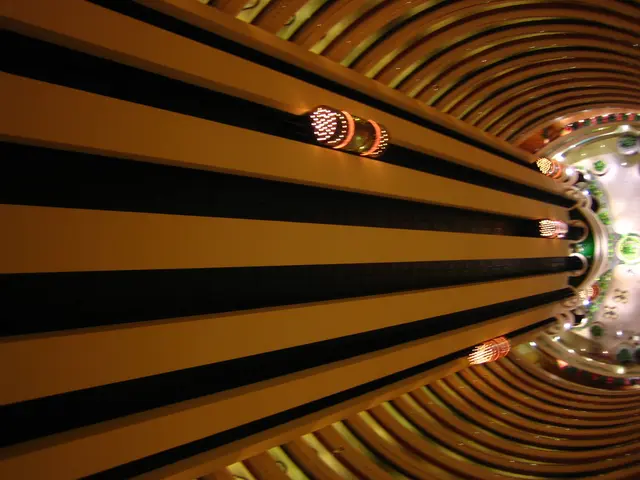Berlin Court Rules Against Police's G20 Protester Searches
The Berlin-Brandenburg Higher Administrative Court has ruled against the police's appeal in a case involving mass searches of protesters returning from the G20 summit in 2017. The court's decision, welcomed by Lukas Theune of the Republican Lawyers Association, comes after a lengthy wait and criticism of the initial police actions.
In 2017, police stopped and searched around 300 protesters at the Stolper Heide rest area as they returned to Berlin from the G20 summit. The operation lasted for three hours, with protesters forced to wait in the sun. Police justified the measures as searching for witnesses to violence during the 'Welcome to Hell' protest and for public safety. However, the Potsdam Administrative Court ruled the police checks unlawful in December 2024. The court found no evidence of planned militant actions or troublemakers in the buses searched and dismissed the police's justification for the checks. Anna Luczak, a lawyer, described the police actions as serious violations of fundamental rights. Lukas Theune, managing director of the Republican Lawyers Association, criticized the lengthy wait for the ruling but welcomed the court's decision, stating that it was a victory for the protestors' rights.
The court's decision marks a significant victory for the protestors' rights, with the police's actions found to be unlawful. Despite the lengthy wait for the ruling, the Republican Lawyers Association welcomes the decision, highlighting the importance of upholding fundamental rights in such situations.
Read also:
- American teenagers taking up farming roles previously filled by immigrants, a concept revisited from 1965's labor market shift.
- Weekly affairs in the German Federal Parliament (Bundestag)
- Landslide claims seven lives, injures six individuals while they work to restore a water channel in the northern region of Pakistan
- Escalating conflict in Sudan has prompted the United Nations to announce a critical gender crisis, highlighting the disproportionate impact of the ongoing violence on women and girls.






